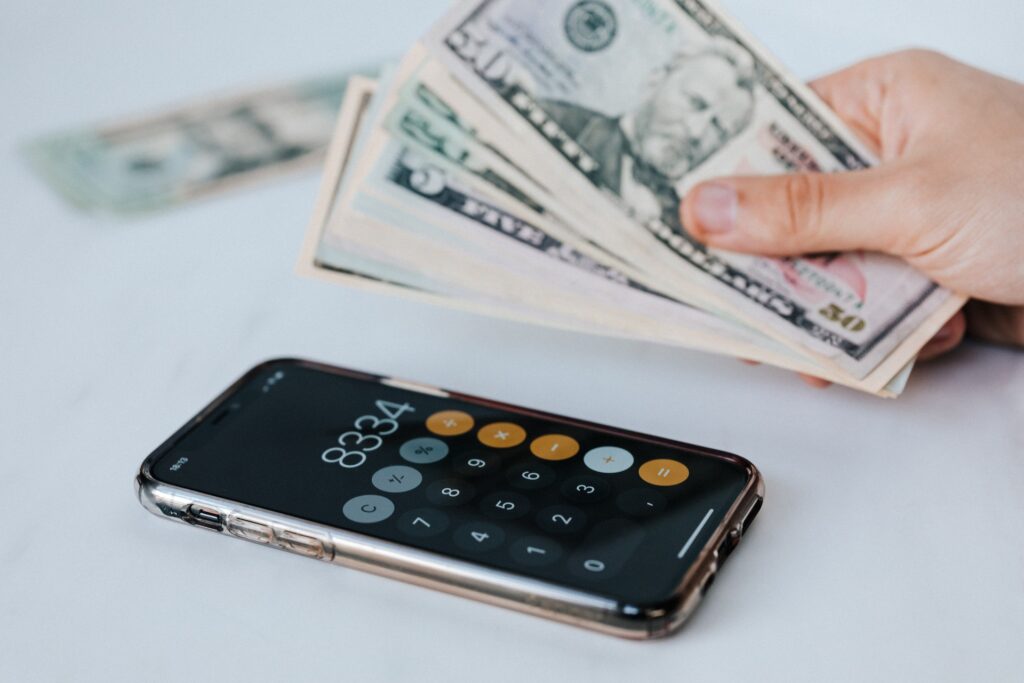
Many people struggle with paying off their student loans. Student loan debt can get out of control quickly, and it’s easy to fall into a cycle where you borrow more money just so that you can pay back the previous amount. This is why it’s important to be aware of your options when paying off your loans.
Saving money in college is important, but if you don’t have enough for your future, you may be forced to take on additional debt. If this sounds like you, here are some ways to pay off your student loans.
1. Make the Payments Right Away.
The most obvious way to start paying off your student loans is by making payments right away. Putting aside money every paycheck will ensure that you have enough money to cover the minimum payment each month.
When it comes to paying debt, you don’t want to wait until the due date is over before you make any payments. If you do this, you’ll end up having to pay interest, even if it’s for an extra day or two. Instead, make sure that you’re able to make at least one full payment per month.
You can ensure that you’re making payments right away through Autopay. Autopay puts the money directly from your checking account into your loan account. It’s a great option if you struggle with remembering to make payments.
2. Try to Make Extra Payments.
If you want to deal with your student loans faster, try to make extra payments. When you make these extra payments, they go towards reducing your principal, rather than your interest rate.
However, making extra payments isn’t as easy as it sounds. Student loan servicers may not always allow overpayments to your current balance. It’s better to apply overpayments to your current balance so that you’ll be paying a lower rate.
You’ll want to check with your servicer about whether or not they accept overpayments. Paying extra amounts each month can also save you money in the long run. You’ll avoid going into default, and you’ll be able to pay down your loan sooner.
3. Pay Bi-Weekly Instead of Every Month.
Paying your loan bi-weekly means that you’re only making half of the monthly payment. This is a good idea if you want to “trick” yourself into paying off your loan quicker.
When you pay your loan bi-weekly, you’re going to divide your monthly loan into two. The amount you come up with is the amount you’ll be paying for your loan every month.
This method works because you’re actually doing more payments. Paying your student loan bi-weekly means that you’re making 13 full payments annually. Compared to paying your loan every month, which would mean making 12 full payments.
4. Consider Refinancing.
Refinancing is another way to pay off your student loan. With refinancing, you take out a new loan to replace your old one. This allows you to reduce the size of your original loan and decrease the length of time it takes to repay.
There are many benefits to refinancing. For example, refinancing can help you save money. By decreasing the length of time for payment, you can potentially cut costs. You might even qualify for a lower interest rate if you have a good credit score and a stable income.
You can look into different types of refinancing to see what options are available to you. Some lenders offer fixed rates, while others offer adjustable rates. There are other factors that you should consider when choosing a lender.
5. Use “Found Money” to Pay off Your Student Loans.
Found money is money that’s legally yours but has never been claimed by its rightful owner. This money can come from different sources such as:
- Government Agencies
- Bank Accounts
- Insurance Policies
- Previous Employers
When looking for found money, remember to research the state where you live. Each state has different laws regarding found money. You’ll also want to check other states you’ve lived in before and different government websites.
6. Reassess Your Spending Habits.
Finally, if you’re trying to pay off your student loans as quickly as possible, you may want to reassess your spending habits. Looking at your current spending habits and seeing how much you spend on unnecessary items could be helpful. If you find that there are certain things that you don’t need, then you can start cutting back on those expenses.
Tracking your expenses is a good way to start reassessing your spending habits. You can use an app like Mint or GoodBudget to track your finances. They can show what categories of spending you’re spending too much on. For instance, you may want to save money on laundry or eating out.
Once you’ve identified areas where you’re spending too much, you can adjust your budget accordingly. Afterward, you can use your saved money to pay off your student debt faster.
The Bottom Line
Student loans can be difficult to pay off. However, they aren’t impossible. With the tips above, you can repay your student loans. Remember to keep in mind that you’re not alone in this process. Many people struggle with their student loans just, so there are plenty of resources available to you.
